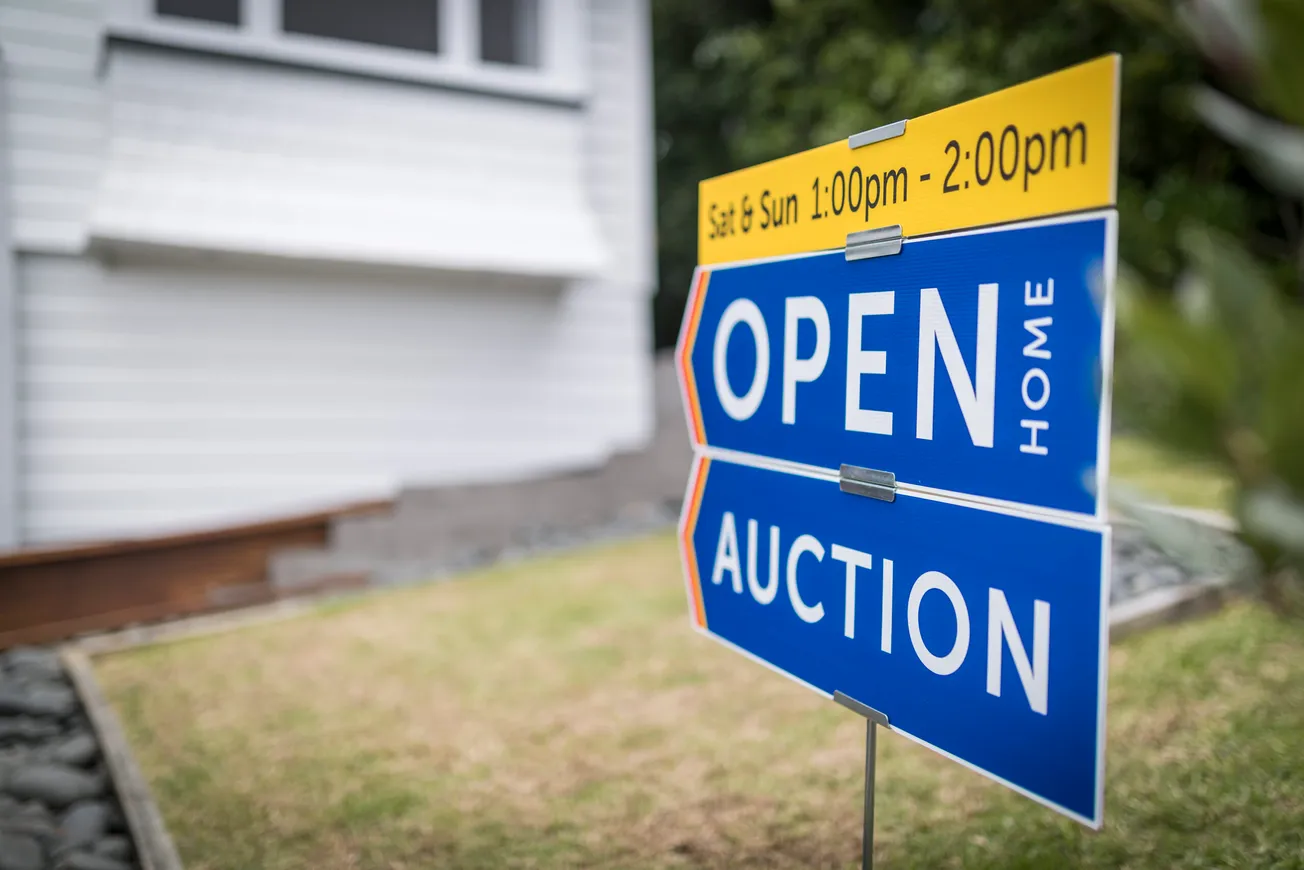Table of Contents
Peter J Morgan
Peter J Morgan BE (Mech.), Dip. Teaching – professional forensic engineer, retired economics, mathematics and physics teacher
Part 16 of 18
As house prices relentlessly increase to the point where almost everybody acknowledges that we have a house price bubble, people see younger-generation couples less and less able to afford to buy their first house. We are seeing families with both partners working and yet they are struggling to make ends meet with the government having to step in to supplement their incomes through ‘Working for Families’ so that they can keep afloat.
New Zealanders have had ‘an absolute gutsful’ with the status quo and are becoming more and more desperate to find solutions. Like the British, we have also had an absolute gutsful of excessive immigration. Before the Covid pandemic, New Zealand’s immigration was three times the per-capita rate of the UK’s – and that was a major cause of the ‘Brexit’ vote. The official statistics show that immigration is only marginally – if that – making us New Zealanders better off financially. But it is significantly lowering our quality of life by contributing significantly to rising house prices and traffic congestion in our major cities.
The introduction of Sovereign Electronic Money is not a matter of ‘left’ or ‘right’ politics. The introduction of Sovereign Electronic Money will not nationalise banks or other deposit-taking businesses. Rather, it will lift us all ‘up’ from being ‘down’, as our incomes rise in real terms, and our need to take on debt decreases. It will also greatly improve the fairness of the financial system. Most importantly, ‘we the people’ will hardly notice any changes to the way the financial system works, but it will gradually become fairer. Note that although Sovereign Electronic Money would be created by the RBNZ, the RBNZ would not have the power to determine how it would be first spent into permanent circulation in the economy – that power would be entrusted only to our democratically elected government – and that’s not communism, or even socialism!
For those with enquiring minds and an interest in history, Chapter 7 of Ivo Mosley’s book Bank Robbery: Banks and the Money Supply, explains the origins of the present ‘bank debt as a funny money’ financial system. It was my privilege to be the honorary sub-editor/proof-reader for Ivo’s book.
Here is a quotation from it:
“The act of creating money happens when a bank lends. If a banker was struck by a bolt of honesty, he or she might say to a customer about to borrow: ‘Starting from nothing, we’re going to agree to owe each other a million pounds. You can use what I owe you, to pay people: they’ll be happy to know that I owe them instead of you, and they’ll happily take debt from me as a payment. In return, your debt to me will be an asset on my books. In the meantime, you’ll pay me interest. So tomorrow, we’ll each have a lot more than we have today! Isn’t that clever!’
“When a bank makes a loan, two equal-and-opposite debts are created which add up to zero. Those debts are valuable properties. The customer owns money. The bank owns debt from the customer (most of the assets on a bank’s balance sheet are IOU’s from the loans it has made to customers). The bank has created value out of nothing.
“But how does a bank profit from creating debt? The simple answer is: when debt becomes money, the conventional process of borrowing and lending is turned on its head. The bank is ‘in the delightful position of charging interest on money it owes’. The two debts the bank creates are equal in value, but not in yield. The borrower owes the bank in a straightforward way, and pays interest. The debt from the bank has become something valuable: it has become money, and the bank is able to rent it out.
“This is confusing, and its ‘confusingness’ has protected it. For centuries, people have argued about the basics while the banks got on with making money – for themselves and for others.”
The fundamental question that each of us should be asking ourselves is:
Should our nation’s money be issued by banks as interest-bearing debt-money (for the benefit of the few, not the many), or should our nation’s money be issued by an independent arm of our government for the public good, free of debt and free of interest (for the benefit of the many, and the few)?
Hence the two major headings in this article: “For the few, not the many – How the present banking and monetary system actually works” and “For the many, and the few – How a modern Sovereign Money system would work”.
Whoever creates a nation’s money has huge power.
If the reality of the current banking and monetary system were to be properly explained to New Zealanders who are eligible to vote, and then the above question was put to them, I believe that at least 90% of us would opt for a Sovereign Electronic Money system to replace the current privately-created electronic debt-money funny money system. Therefore, education is the key to modernising our monetary system. It would be a big help if all teaching institutions could be persuaded to update their economics courses to teach their students how the banking and monetary system actually works, and that the fact that banks create new money ex-nihilo every time they grant a mortgage loan is the primary driver of real estate and other asset price bubbles.
For those people, including many economists, who argue otherwise, I have a simple question: Where would the NZ dollars come from to enable people to bid up the price of houses, land and other assets at the rate that they have been, were it not for the fact that banks create new money ex-nihilo every time they grant a loan?









